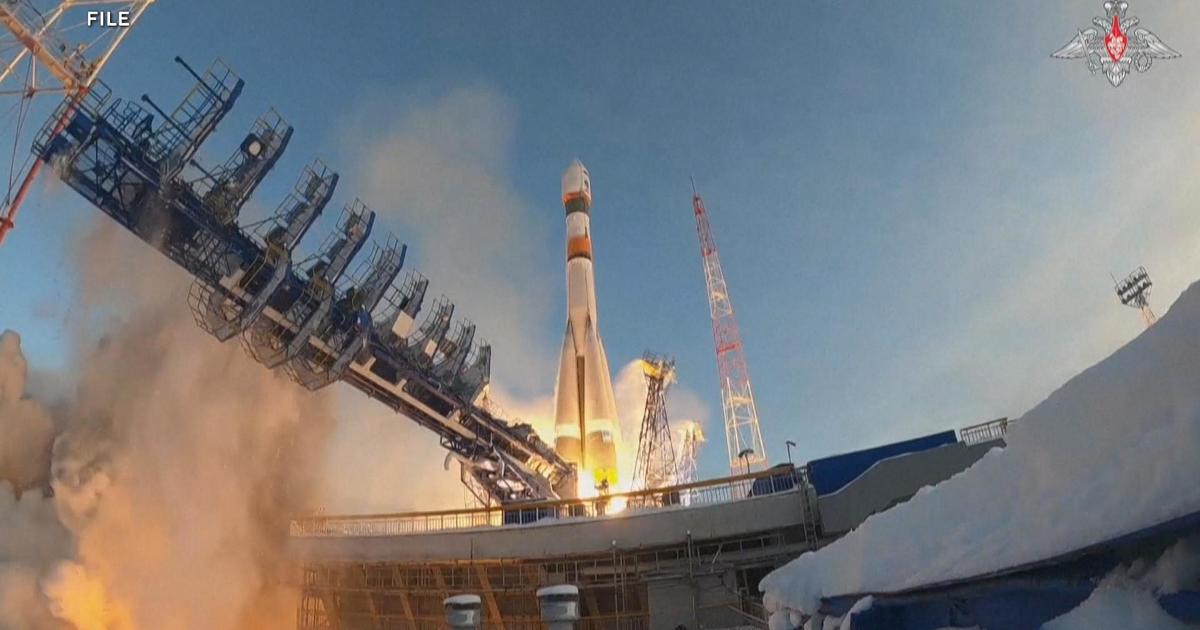Table of Contents
Russia’s Development of a new Space Weapon
The White House on Saturday has confirmed that Russia is actively developing a new space weapon, thereby defying the International Outer Space Treaty which more than 130 countries including Russia signed. The US intelligence agents have intimated that the weapon is not operational as of now and is not exactly believed to be inimical to the safety of human beings and the earth.
John Kirby, the White House National Security Spokesman, asserted that Russia’s newest endeavor, while problematic, is not exactly equipped for the destruction of the planet. It is plausible that the weapon is of nuclear nature but not in the traditional sense. The information received by him from the intelligence agency points out to him ravaging other satellites in space. He went on to highlight the criticality of this new discovery and the supervision it entails from the United States.
Kremlin spokesperson Dmitry Peskov , on the other hand alleges, the declassification of this information as a tactic employed by the white house to get Congress to ratify the support aid for Ukraine.
He remarked that President Joe Biden of the United States has been consistently briefed by his national security team. Kirby added that Biden has initiated several initial measures, such as providing extra briefings to congressional leaders and engaging directly in diplomatic discussions with Russia. Kirby also mentioned that the intelligence community holds significant reservations about a widespread declassification of this intelligence information. He does not care to discount the threat that might loom ahead.
White House response
The discovery is met by a rather polarizing reaction in the White House. While some, such as Mike Johnson have mentioned the urgency of the matter and requested a meeting with Biden for the same. While others like, Connecticut Rep. Jim Himes, the ranking Democrat on the House Intelligence Committee, characterized the threat as fairly typical in terms of the national security concerns routinely addressed by the intelligence panel.
He stated that the threat was not immediate, mentioning, “This is not a threat for today, tomorrow, next week, or next month.”
Himes indicated his respect for Turner’s decision to inform Congress about the threat but noted that he had previously expressed concern about making it public on social media. He explained that his concern was specific: if they did so, they would be facing numerous cameras and microphones. He shared this with reporters and camera crews outside the secure briefing room, saying, “And here we are.”
The White House has rebuked Turner for the way the information was declassified. To which he promptly responded by saying that each decision is taken by a matter of considerable deliberation. With this being in the public domain now calls for absolute transparency. The members of the Congress, international partners and the people shall remain abreast of everything.
The deployment of the weapon would be in violation of the Outer Space Treaty of 1967, in which Russia remains a participant. This treaty explicitly prohibits the placement of weapons of mass destruction in space, including nuclear arms.
A nuclear detonation in space could result in both immediate and enduring effects on Earth’s orbit.Immediately following such an event, the detonation could cause various damaging effects. Pulses of high-energy radiation, including heat, x-rays, and other radiation, have the potential to harm nearby satellites and impair their sensors, as indicated by a 2023 study conducted by the Center for Strategic & International Studies (CSIS).
It is noteworthy that Russia has, in the past decade, withdrawn from previously agreed-upon nuclear treaties, raising concerns about the possibility of entering a new Cold War era. Kirby emphasized that if Russia decides to withdraw from the Outer Space Treaty, the United States has no intention of following suit and violating the agreement.
Conclusion
In light of Russia’s development of a new space weapon, concerns mount over potential violations of international treaties and the safety of Earth’s orbit. The White House’s proactive response, led by President Joe Biden, emphasizes diplomatic engagement and adherence to established agreements. Differing viewpoints within Congress underscore the complexity of addressing emerging threats. As discussions progress, prioritizing cooperation, transparency, and upholding global security standards becomes paramount. With the stakes high, maintaining unity and accountability among stakeholders is essential to mitigate risks and ensure the peaceful exploration and security of space for all.
